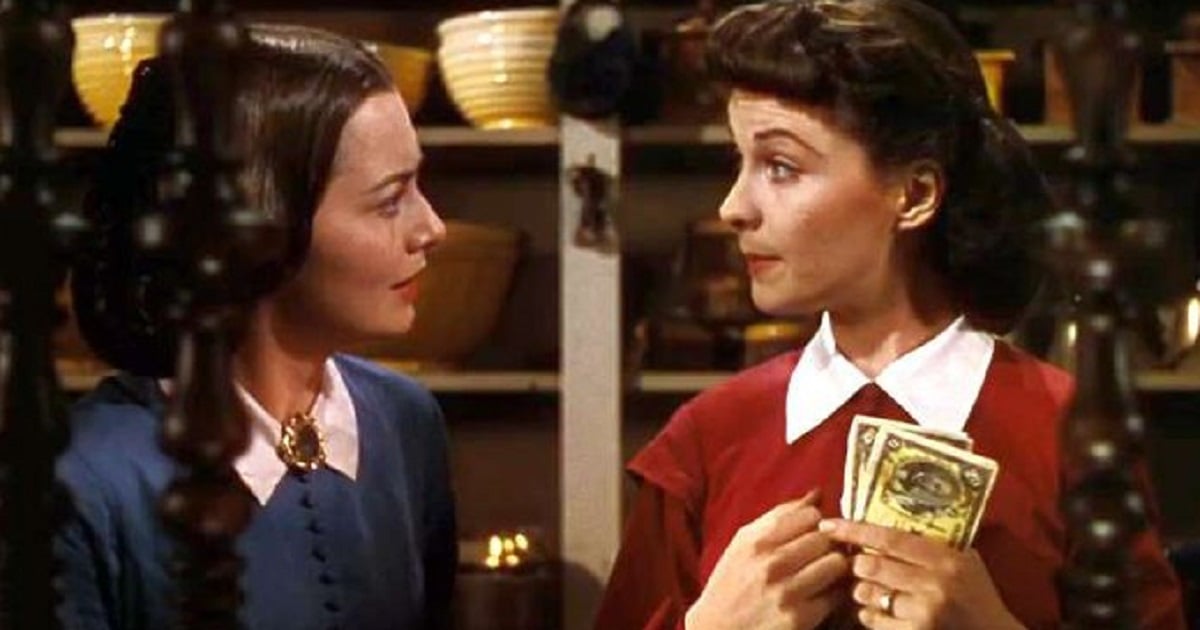Don’t ask people older than you their age. Don’t ask someone who they voted for. And don’t ever ask anyone how much they earn.
We’re taught these social conventions from a very early age. But what does avoiding discussing salary achieve other than slowing professional progress?
While huge strides have been made in many aspects of workplace customs and culture – think paid parental leave, flexible hours, job sharing and salary sacrifice for benefits – discussing salary amongst colleagues, friends and even family remains largely off limits and thought of as unprofessional when brought up.
In a time when it’s not at all unusual to read articles in mainstream newspapers and magazines that analyse women’s bodies and include intimate details of people’s marriages, it’s still a social faux pas to discuss something as common as what you earn.
But what if talking about salary meant you could earn more?
Think about it, if you don’t know how much a role typically pays or what colleagues in the same role are earning, how do you know how much to ask for when first starting out or asking for a pay rise? How do you know if you’re being offered a fair deal or being taken advantage of?
Last year, Australian Tax Data published a study which listed the 50 highest paid jobs in Australia for men and women respectively and the average salary for these roles. (Check out the rankings below).
Many women were shocked to learn not only of the huge discrepancies between what men in the same roles were taking home, but that they were also earning much less than their female counterparts.

